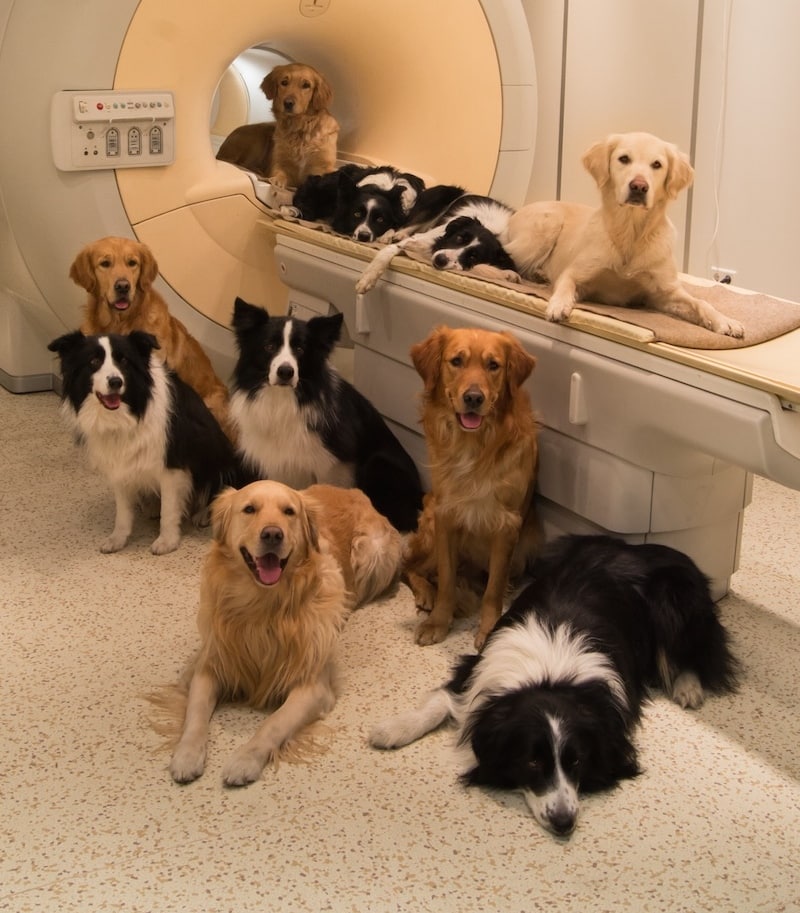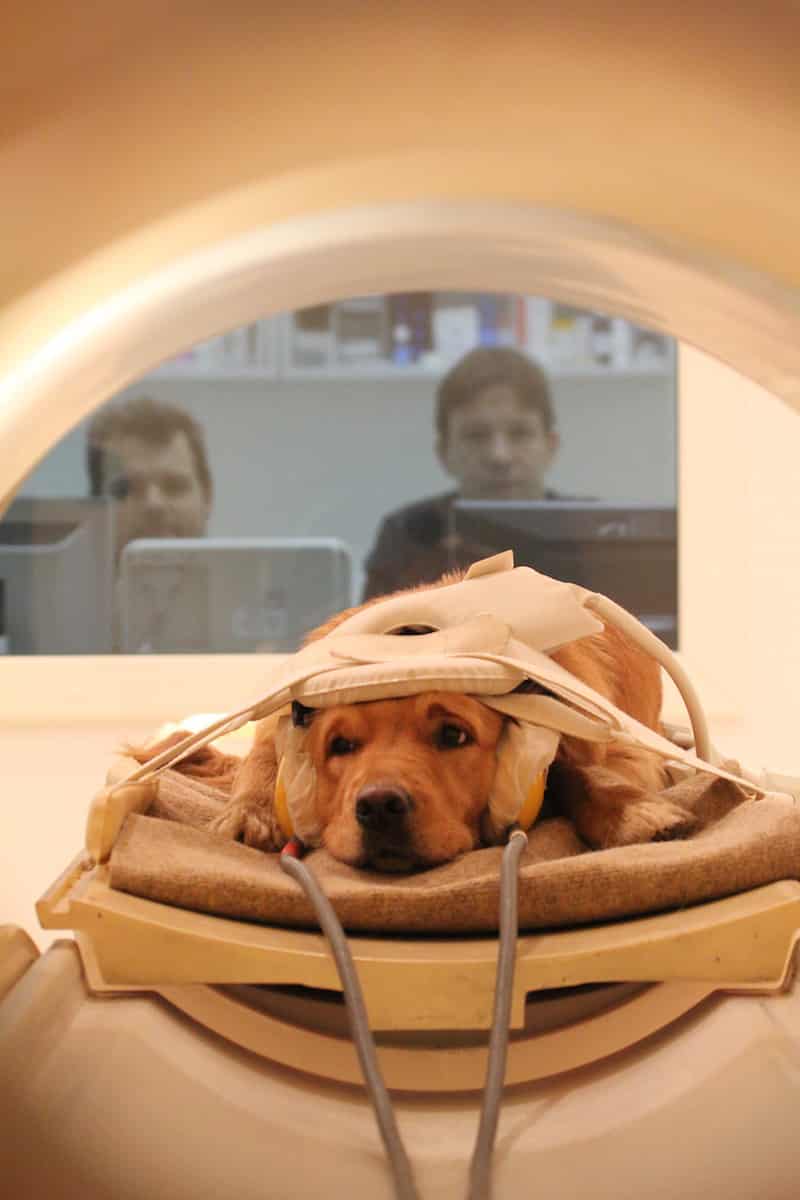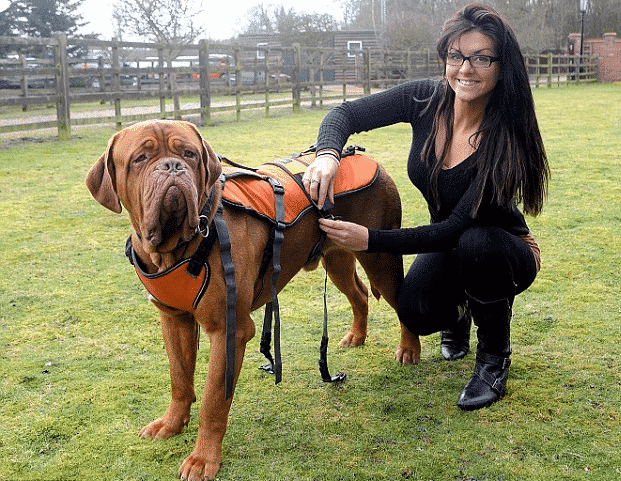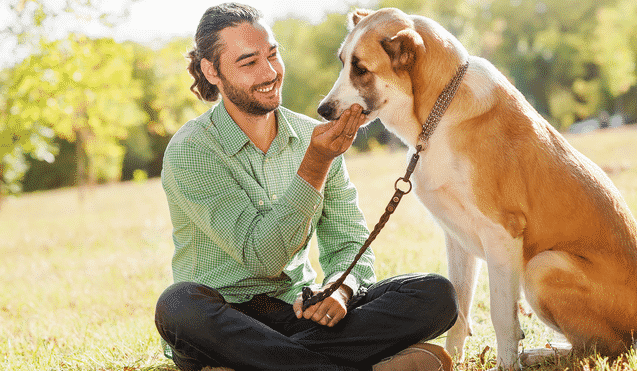Dogs might be at top position for being the pet animal of major people. They might be loyal or friendly, but the fact is they are animals and they do have their own thoughts about others. However, have you ever wished to know what your dog is thinking or what it thinks about you? Well, not to worry. Now, brain scans of dogs can reveal what they really are thinking or think of us.
Dogs do have their own language – bark. But unfortunately, we don’t understand that language. Had we understood that, it would have been very helpful for us in many ways like what they want, or what they are trying to say.
But since dogs can’t tell us what’s going on inside their furry heads, so until now it was thought that we would never be able to know what they are thinking or trying to say. But now it is possible, thanks to recent developments in brain imaging technology.
Animal cognition scientists at Emory University trained some dogs to lie still in an MRI machine. The dogs did so and the scientists used fMRI (functional magnetic resonance imaging) to measure the dogs neural responses to the smell of people and dogs (dogs navigate the world through their noses), both familiar and unknown. The way they process smell offers a lot of potential insight into their social behavior.
However, the scientists found that dog owners’ aroma actually sparked activation in the “reward center” of their brains, called the caudate nucleus. Of all the wafting smells to take in, dogs actually prioritized the hint of humans over anything or anyone else.
This proves that dogs rely on humans more than they do their own kind for affection, protection and everything in between. That means, dogs do see us as their family.
Attila Andics, a neuroscientist and lead author of the study, said, “It’s very interesting to understand the tool kit that helps such successful vocal communication between two species. We didn’t need neuroimaging to see that communication works [between dogs and people], but without it, we didn’t understand why it works. Now we’re really starting to.”
According to Andics, dogs interact with their human caregivers in the same way babies do their parents. When dogs are scared or worried, they run to their owners, just as distressed toddlers make a beeline for their parents.
Besides, dogs are also the only non-primate animal to look people in the eyes. This is a unique behavior between dogs and humans — dogs seek out eye contact from people, but not their biological dog parents.
This result jibes other canine neuroimaging research. We hope, in near future, we will get to know some more interesting news about it. Until then, keep an eye on us.
Source:Mic
[ttjad keyword=”sprint-contract-phone”]










